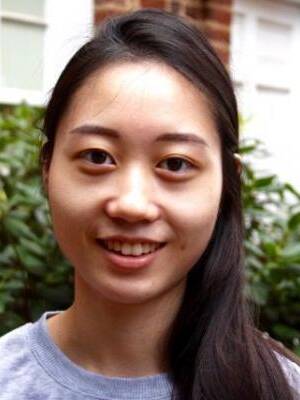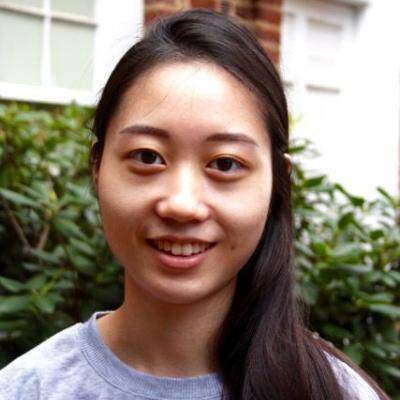Academic Programs
Mathematics and Data Science

The math major at Salem is designed to expand your ability to tackle complex problems and to approach them by developing a method for their solution. We teach students to employ logic and critical thinking as they further their understanding of the structures and patterns within the discipline as well as how to integrate mathematics into other areas of study. One of our guiding philosophies is that when you couple your major or minor in mathematics with another major, your possibilities are endless. Students can earn a BS or a BA in Mathematics, or a minor in data science. Students can take courses in physics or learn to write code in Python or R through the program as well.
Student Experience
Internships are among the highlights of the mathematics experience. Internships and independent studies have been completed in many fields, including biostatistics, epidemiology, actuarial science, economics and primatology. The result for them was experiences that led them to make decisions about their futures, such as pursuing advanced degrees in biostatistics, genetic epidemiology, cancer epidemiology, econometrics, biomechanics and neuroscience.
On campus, mathematics majors and minors are active and visible participants in the Celebration of Academic Excellence, the QUEST Program, student life and student government.
Health Leadership Highlights
- Intermediate level mathematics courses, such as linear algebra and differential equations, provide students with the background necessary to build population, epidemic, and genetic models. One recent graduate created an interacting species model to simulate the impact of introducing a predator species into waters infested with bilharzia-carrying snails.
- The Data Science minor prepares students, including future health leaders, to analyze data, determine trends, make predictions, and communicate results with a variety of constituents. A recent graduate is currently pursuing a masters degree in applied mathematics in Amsterdam, focusing on data-driven modeling.
Jobs and Outcomes
When Salem students are asked, “You’re a mathematics major? So, what are you going to do with it? Their answer is, “Whatever I want!”
With a major in mathematics, our students have entered graduate and professional programs in mathematics, statistics, biometry, epidemiology, law, econometrics, engineering fields and mathematics education. They have found employment opportunities in public health, biostatistics, aviation consulting, accounting, financial planning, business intelligence and fundraising.
Salem has alumnae who own their own businesses, who are well-respected artists, who have chaired boards, who are college professors and who are award-winning high school teachers.



